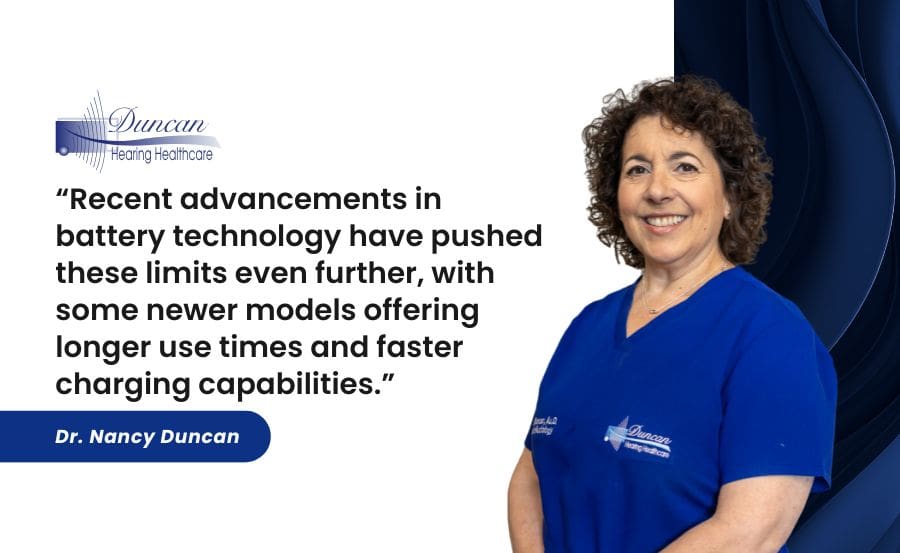Whether you’ve had your hearing aids for a while, or you’ve just invested in them, you might be aware that their quality drops from time to time, but knowing these simple care methods can help you improve their performance and prolong their life.
Regularly Clean Your Hearing Aids
Be sure to use a soft, dry cloth to clean them without getting them wet, and use a wax loop to clean debris from the hearing aid openings. Remember to be gentle, as you can easily damage the hearing aid by pushing the wax loop too far.
You may use a mild soap to clean the earmolds, but make sure not to use a hairdryer to blow dry them, as the force from a hairdryer is too strong for the delicate structure of the earmolds. Instead, use a forced air blower, or let them dry at room temperature.
Do Occasional Listening Checks With A Listening Tube
We recommend you get a listening tube to perform listening checks properly (you can buy listening tubes from Amazon). Ensure the sound you get is clear with no breaks, and listen for feedback inside the aids. If you start hearing feedback, talk to your audiologist.
At Duncan Hearing Healthcare, we are here to make sure you are using your hearing aid the correct way so that it benefits you the most.
Day & Night Care Tips
Day: When you’re out and about and decide you don’t want to wear your hearing aids, it’s always best to carry a hearing aid case with you so you can safely store them when not in use.
Putting them in your purse or pockets is not safe because they can easily get damaged or forgotten.
Night: Turn the hearing aid off, open the battery door, and place it inside the drying kit to enable air to flow through the device, drawing any moisture out. Keeping your hearing aids dry is the best way to preserve their functionalities. Moisture is among the many things that wreak havoc on a hearing aid.
Battery Care
Your hearing aids can’t function without a battery, so make sure you have plenty of spare batteries with you to be safe. Batteries generally last between 1 to 2 weeks, depending on how much your usage is.
The sound quality will be the best when the battery is full, and we recommend that you get a battery tester to check the battery correctly.
When changing the battery, you can prevent your hearing aids from shock by changing the battery over a towel placed on a table or over a bed, just in case you accidentally drop them.
Also, make sure you keep your spare and used batteries in a safe place, as they contain toxic chemicals that may be dangerous once swallowed (and, of course, keep them out of reach of children).
If you have rechargeable hearing devices, it is important to have the audiologist check your charger from time to time. The power cords should be checked to make sure there are no crimps or breaks in them.
The interior of the charger should be cleaned to make sure the contact is free from any debris that may keep your devices from charging efficiently.
You can simply bring your hearing device charger to one of your regular appointments for your hearing care practitioner to check it out for you.
See Your Audiologist Often
We are here to ensure you get the best treatment for your hearing loss condition; therefore, don’t hesitate to contact us to get your hearing checked regularly.
We will provide hands-on recommendations on how to best keep your hearing aids and fix any existing problems for you.
Also, you’re welcome to call us at one of our offices: Fall River (508) 674-3334, Centerville (508) 862-0255, or Dartmouth (508) 910-2221.





